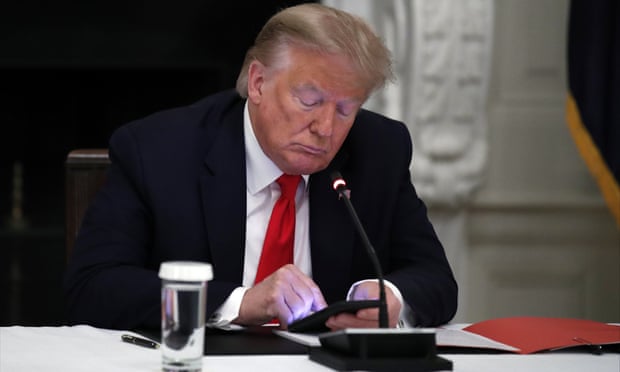
US Should Fulfill Spirit of Call between Heads of State
In the telephone conversation with President Joe Biden a month or so ago, China’s President Xi Jinping had stressed that U.S.-China relations are not a multiple-choice question about whether to get it right, but a must-answer question about how to do a good job. At the time, Biden released a message of dialogue and cooperation. This face-to-face meeting between top U.S. and Chinese officials in Switzerland was devoted to implementing the important consensus reached by the two heads of state on the phone. The two sides expressed a common desire to strengthen strategic communication, properly manage differences, avoid conflict and confrontation, and pursue mutual, “win-win” benefits. It provides an answer to the “question of the century” of how to properly handle U.S.-China relations.
U.S.-China relations have changed dramatically in recent years. The reason for this is that the U.S. has made major strategic miscalculations about China and seriously misunderstood the bilateral relationship. Therefore, it is vital that the two sides strengthen strategic communications, and particularly that the U.S. adjusts its mistaken perception of China, in order to drive U.S-China relations back onto the right track.
First, the U.S. needs to have a deep understanding of the nature of the mutually beneficial, “win-win” relations between the two countries. For some time now, there has been the misconception within the United States that China has been taking advantage of the U.S. But what are the facts? Taking commerce as an example, total U.S.-China trade has grown from less than $2.5 billion in 1979 to around $629.5 billion in 2020. The American Chamber of Commerce in China recently released a survey showing that optimism among U.S. companies about doing business in China has returned to pre-pandemic levels, reaching its highest point in three years. Just think: If only one side is taking advantage, how could U.S.-China trade and economic relations have developed to the depth and breadth they are today? Why do U.S. companies value the Chinese market so much?
Henry Kissinger once pointed out in his book, “Does America Need a Foreign Policy?” that “a constructive relationship between the United States and China is not a favor either country does for the other and it will withstand the stress of time only if it is based on some conception of common interest.” In the meeting, the Chinese corrected the misunderstanding of some in the U.S. by clearly expressing China’s opposition to defining U.S.-China relations in terms of “competition.”
At the same time, the U.S. should also correctly understand China’s domestic and foreign policies and strategic intentions. China has repeatedly stressed that it has no intention of challenging or supplanting the United States; rather, it seeks to constantly surpass itself. China does not have a strategy for hegemony, only a strategy for development meant to provide a good life for the Chinese people. Some in the U.S. define China as the United States’ “biggest strategic competitor” or even its “imaginary enemy.” Doing everything possible to shift the blame for domestic problems to China is clearly the wrong remedy. The greatest challenges facing the United States will always come from within, so it might as well base itself upon managing its own affairs properly and becoming a better version of itself.
The outside world has noticed that the U.S. has recently taken some positive positions about U.S.-China relations: indicating that it has no intention of containing China’s development, not pursuing a “new cold war,” adhering to the “One China” policy, and so on. These statements are very important, but actions speak louder than words. The U.S. cannot say it has no intention of holding back China while at the same time it uses any means possible to suppress China. The U.S. should actually respect China’s sovereignty, security and development interests and stop using issues such as Taiwan, Hong Kong, Xinjiang, Tibet, maritime matters and human rights to interfere in China’s internal affairs. This is the prerequisite for putting U.S.-China relations back on track.
History and experience prove that when the U.S. and China confront each other, both nations, as well as the rest of the world, suffer serious harm. If the U.S. and China cooperate, then they and the rest of the world will benefit. This is why Singapore’s Prime Minister Lee Hsien Loong, at the Aspen Security Forum in August, called on the U.S. and China to strive to engage with each other to avoid a clash that would be disastrous for both sides and the world. He also hoped that the U.S. would change its hard line against China.
From Anchorage to Zurich, two high-level, face-to-face meetings between the U.S. and China this year have demonstrated the willingness for dialogue and cooperation the world has been waiting for. To avoid conflict and confrontation, and to seek mutual benefit and a “win-win” for both sides, the United States and China not only need to maintain regular dialogue and communication, but they also must expedite using the consensus they reached during the call between their heads of state. In particular the U.S., which has stirred up trouble, should let the world see it calm things down as soon as possible.

